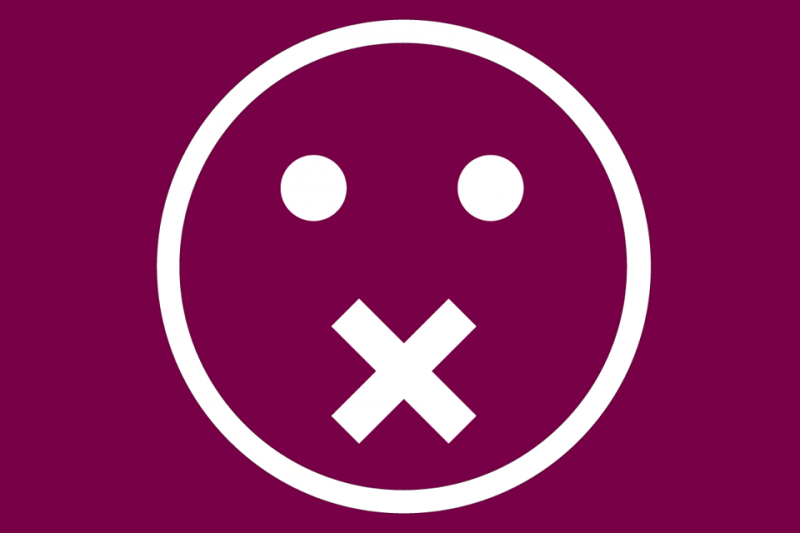
The Trade Secrets Protection Directive Is Still Dangerous For Freedoms and Rights
An Open Letter to Heads of State and Government of the European Union
Last 14th of April 2016, the European Parliament voted in favour of the draft directive on trade secrets protection. This directive still needs to be approved next May 17 by the Council of the EU, which represents you. We urge you to further amend the text before approving it.
[15th May update: the date for the final approval by EU Member States might be postponed due to "translation problems" - in which case it would mean that the European Parliament voted on a text whose only correct version was the English one...]
Drafted by the European Commission at the request, and with the considerable help, of a few multinational companies, this text has caused much concern and opposition among European citizens, trade unions and NGOs. As a matter of fact, it is meant to protect companies against the theft of trade secrets but has a potential scope which is too large and threatens to enable lawsuits against people who are not criminals: journalists, trade unionists or whistle-blowers publishing internal information from a company, or employees using information acquired in a previous job.
The exceptions and protections supposed to protect liberties which were introduced or reinforced following our campaign are important and must be defended, but remain insufficient for the whole text to be balanced and fair. Moreover, their transposition will change depending on Member States, and above all the text is structured in such a way that it it will be down to individual judges to balance the protection of fundamental freedoms and the protection of economic interests.
The very principle of having to balance such different things is not acceptable. The burden of proof is reversed: companies will only need to prove that they did not authorise the acquisition, use or publication of the trade secret at stake, while the prosecuted persons will need to demonstrate that they acted in a way that is covered by one of the exceptions. The sheer prospect of litigation will intimidate potential investigations and whistleblowers, not to mention the daily impact on employees' mobility and the possibility for the public to access public interest information on the toxicity of products on the EU market (such as medicines or pesticides).
The trial of Antoine Deltour, Raphaël Halet (the whistleblowers) and Edouard Perrin (the journalist) in the Luxleaks scandal is the perfect example of the threats posed by this directive. The prosecutor justified requesting heavy fines for all and 18 months jail time for the whistleblowers by referring to "the EU Trade Secrets directive widely approved in the European Parliament two weeks ago". Contrary to the denials of the text's supporters, this is already a real life example that the trade secrets protection argument can be used to prosecute journalists and whistleblowers.
We urge you to not approve this text as it is. We think it is indispensable that the definition of trade secrets is narrowed and that the illegality of the acquisition, use or publication of trade secrets is restricted to cases of commercial, financial or competitive gain. Exceptions and protections must also be further reinforced, and the prescription time in particular must be shortened to the original Commission proposal (2 years). In parallel, we urge you to push the European Commission to introduce specific EU legislation on the protection of whistleblowers.
Respectfully,
